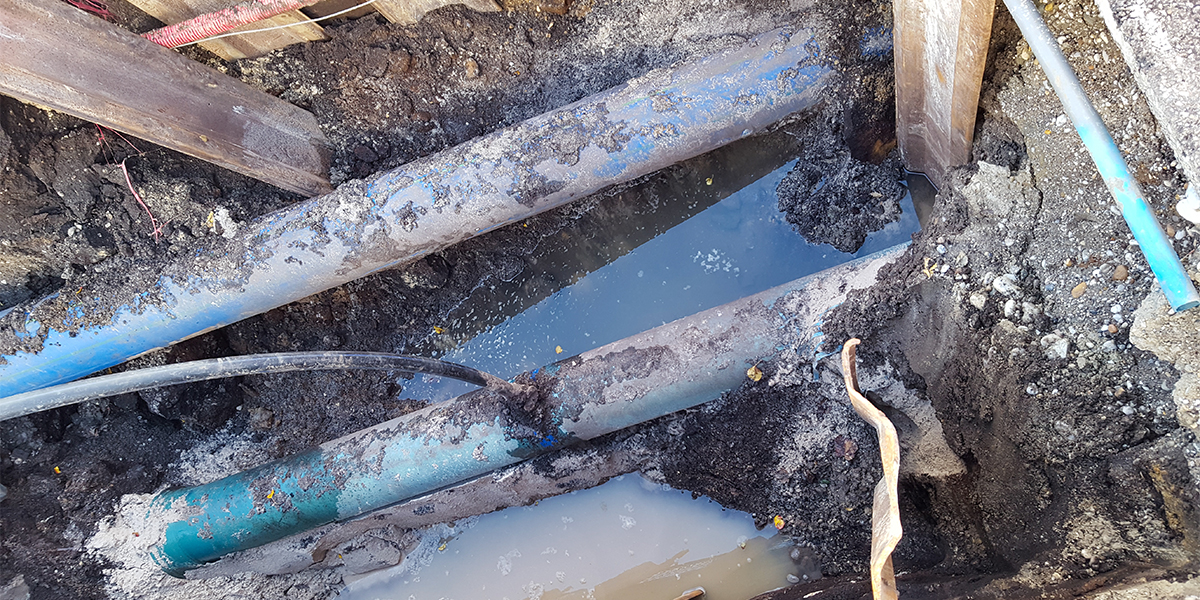In this edition:
- Past rate hikes may be enough to bring inflation back to target, Tiff Macklem says in speech
- Changing climate could add more than $4 billion per year to maintain public infrastructure in Ontario
- Introduction of The Building Infrastructure Safely Act, 2023
- National Housing Day highlights progress in Niagara
- Town of Grimsby – Strategic Parking Management Study
- Wainfleet Township Council approves 2024 budget
- Seven NC Alumni of Excellence honourees earn prestigious Premier’s Award nomination
- 2022 Consolidated Canadian government finance statistics
- Focus on Climate

Past rate hikes may be enough to bring inflation back to target, Tiff Macklem says in speech
Bank of Canada Governor Tiff Macklem warns fighting inflation half-heartedly and living with its consequences would be a huge mistake.
The governor acknowledged during a speech Wednesday that interest rates may already be high enough to bring inflation back to target, but he doubled down on the central bank’s readiness to raise rates further if inflation doesn’t come down.
Macklem contrasted today’s inflation fight with inflation in the 1970s, highlighting similarities and differences between those two periods of time.
“The lesson from the 1970s is that fighting inflation half-heartedly and living with the stress, labour strife and uncertainty inflation can cause would be a huge mistake,” Macklem said.

Changing climate could add more than $4 billion per year to maintain public infrastructure in Ontario
Today, the Financial Accountability Office of Ontario (FAO) released its final report in the Costing Climate Change Impacts to Public Infrastructure (CIPI) series. This report projects the budgetary impacts of extreme rainfall, extreme heat and freeze-thaw cycles on public infrastructure in Ontario.
Much of Ontario’s public infrastructure was designed based on historical climate data, and the climate is changing, leaving the $708 billion portfolio vulnerable to climate hazards. In the absence of adaptation, more frequent and intense climate hazards are projected to add $4.1 billion per year on average over the century to the cost of maintaining existing public infrastructure in a medium emissions scenario. The additional climate-related costs of this “no adaptation” strategy represent a 16 per cent increase in infrastructure costs relative to a stable climate base case.

Introduction of The Building Infrastructure Safely Act, 2023
Today, the Ontario government is introducing The Building Infrastructure Safely Act, 2023, that, if passed, would prohibit underground infrastructure owners and operators from charging fees to locate telecommunications lines, water mains and gas pipelines.
This new legislation could help protect the public from damages to critical infrastructure and keep costs down for construction projects. A free-of-charge locate system is consistent with a long-standing industry practice across Canada and the United States.



Wainfleet Township Council approves 2024 budget
The Township of Wainfleet has announced the adoption of the 2024 Budget. This pivotal decision reflects the Township Council’s ongoing commitment to addressing fiscal challenges while responsibly meeting the evolving needs of the community.
Mayor Brian Grant expressed gratitude for the collective effort in navigating these challenging times. The Township’s approved budget will cost an additional 38 cents per day in property taxes for the median residential home assessed at $301,000. This amounts to $140 over the course of the year.

Did you know?
Modern steel is about a third lighter than older steel, but also much stronger.
Focus on Climate
Could the good news story about the ecological crisis be the collective grief we are feeling?
Sarah Brown and Sonja L. Jakubec; The Conversation
A summer of wildfires across Canada sat alongside news of global deforestation, rapid loss of Antarctic ice mass and Swiss glacial ice depletion. Then in mid-October, the United States Fish and Wildlife Service delisted 21 species from the Endangered Species Act due to extinction.
The barrage of bad news stories about the growing ecological crisis may cause people to feel overwhelmed, grief stricken, and at times paralyzed in fear. It is understandable to seek relief from these feelings and look to good news to foster hope.
But, what if the grief you are feeling is the good news story?
Through the Daily Updates, the GNCC aims to deliver important business news in a timely manner. We disseminate all news and information we feel will be important to businesses. Inclusion in the Daily Update is not an endorsement by the GNCC.




